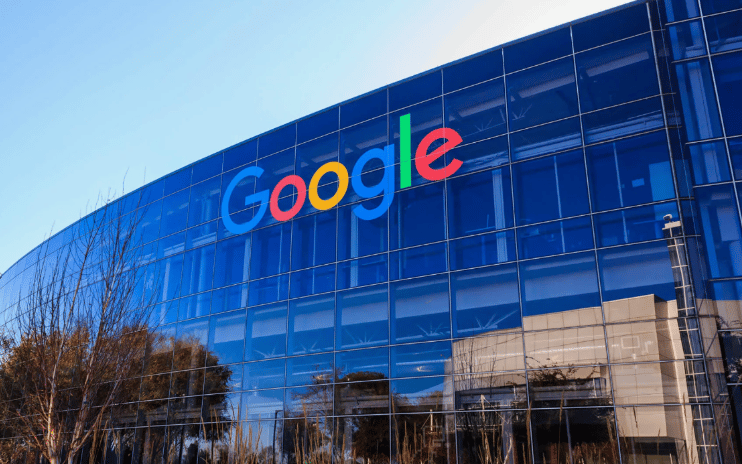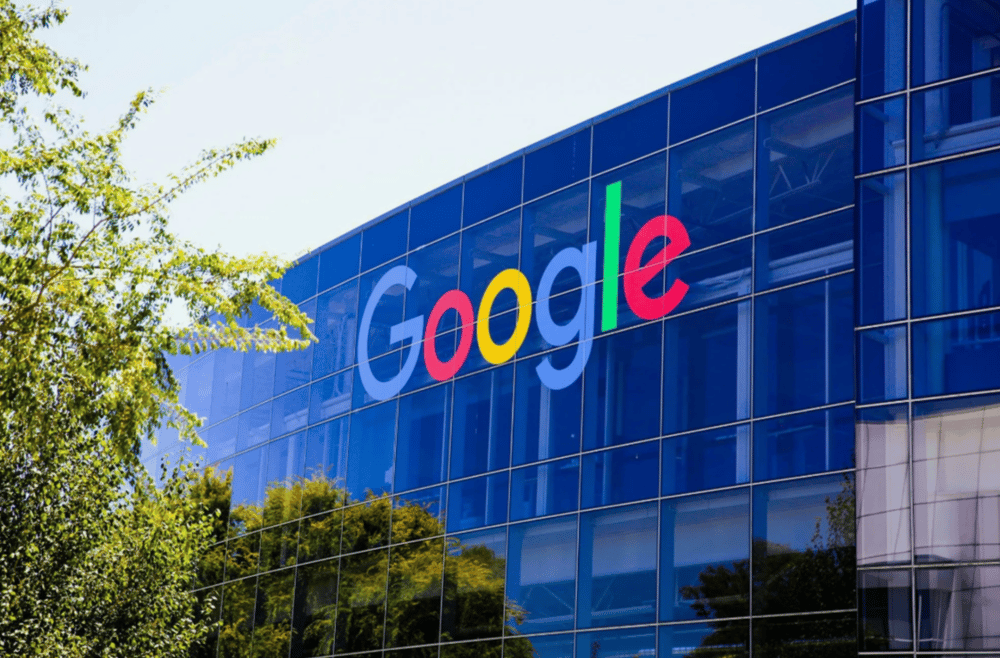Google’s Upcoming Antitrust Showdown
Alphabet Inc. $GOOGL, the parent company of Google, is set to face a critical antitrust trial in September, which could have far-reaching implications for its advertising business. The case stems from antitrust concerns raised by U.S. regulators about Google's dominance in the ad tech sector. Specifically, the U.S. Department of Justice (DOJ) has proposed that Google sell a significant portion of its advertising technology assets to alleviate concerns of anti-competitive practices. With the trial set to take place in Alexandria, Virginia, this case represents a pivotal moment not only for Google but also for the broader tech industry.
The Antitrust Case Against Google
The legal battle, which is scheduled to be heard by U.S. District Judge Leonie Brinkema, centers on whether Google has used its dominant position in the digital advertising market to stifle competition. The DOJ argues that Google’s control over key advertising tools has given it an unfair advantage over rivals, particularly in the market for tools that online publishers use to sell ads. Google's dominance in this sector has been widely scrutinized by both regulators and industry competitors.
Key Details of the Antitrust Case:
Dominance in Ad Tech: Google holds a dominant position in the advertising technology market, controlling key tools used by publishers, advertisers, and consumers. The DOJ’s concerns are focused on the potential harm caused by Google’s market power in this space.
Potential Remedy: One of the proposed remedies from the DOJ includes Google selling off parts of its advertising technology business. This would presumably lead to increased competition in the market for ad tech services.
The Stakes for Google: A ruling against Google could force the company to restructure its ad business, potentially losing its grip on one of the most lucrative segments of its operations.

Key Legal Developments: What to Expect from the Trial
As Google prepares to face the legal challenge, the company’s defense strategy and the potential outcomes of the case are key topics of discussion. Google has vehemently denied the accusations of anti-competitive behavior and has argued that its advertising technologies benefit both advertisers and publishers by improving the efficiency of digital advertising. However, regulators remain concerned that Google’s dominance in ad tech limits competition and harms smaller players in the market.
Major Points of Debate in the Trial:
Google’s Market Power: The central issue will be whether Google’s control over both the supply and demand sides of digital advertising gives it an unfair advantage over competitors.
Impact on Competitors: The DOJ will argue that Google’s dominance suppresses innovation and harms competition by making it difficult for smaller companies to compete in the ad tech space.
Potential Remedies: If the court rules in favor of the DOJ, Google could be forced to sell off a portion of its advertising technology assets. The sale could reduce Google’s control over ad exchanges, publisher tools, and other critical advertising services.
The Broader Implications for the Digital Advertising Market
The outcome of this trial will have a profound impact on the digital advertising market, which is one of the most important sectors in the global economy. Google’s ad tech business generates billions of dollars in revenue every year, and any changes to its operations could affect not only the company but also online publishers, advertisers, and consumers.

Key Potential Impacts on the Market:
Changes to Google’s Ad Business: If Google is forced to divest parts of its advertising technology business, the company could lose its dominant position, which might lead to a more fragmented and competitive market.
Increased Competition: A breakup of Google’s ad business could allow smaller companies to gain a foothold in the market, potentially leading to more innovation and lower costs for advertisers.
Market Uncertainty: The trial’s outcome could create significant uncertainty in the market, with other tech giants potentially facing similar scrutiny over their practices. This may prompt further antitrust investigations into other major players in the digital space.
A Defining Moment for Google and the Ad Tech Industry
The upcoming antitrust trial against Google (Alphabet Inc.) represents a watershed moment for the company and the entire ad tech industry. As regulators continue to focus on big tech’s market power, the case highlights the growing concerns over the dominance of companies like Google in key sectors of the economy. While the trial will certainly have major consequences for Google, it may also have broader ramifications for the future of digital advertising and competition in the tech industry.
If the court rules in favor of the U.S. Department of Justice, Google may be forced to restructure its ad tech business, potentially opening the door to more competition and innovation in the sector. This case underscores the increasingly aggressive stance of regulators toward the power of major tech companies and the need for a more competitive and transparent digital marketplace.















Comments
Adopting dynamic strategies is setting the stage for a transformative tech ecosystem